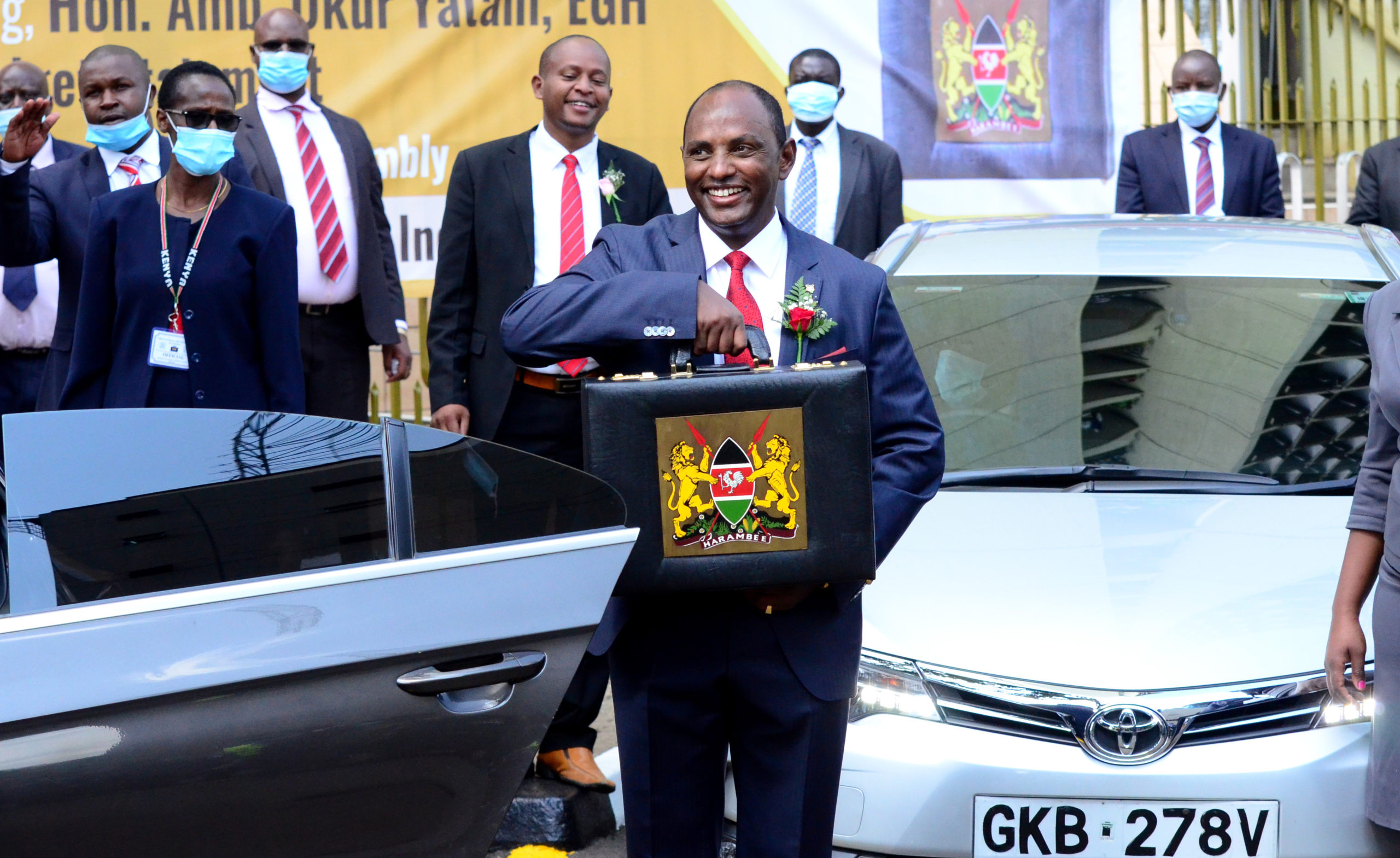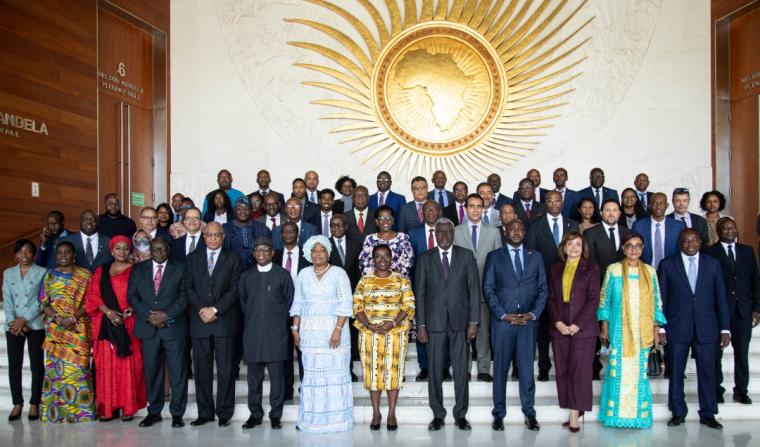It’s been decades since the majority of African countries got their independence from the colonial masters, Britain, France, and others, yet the presence and influence of these colonial masters are still felt on the continent through various relationships with African countries.
One would have thought that this would not be possible given the records and activities of colonialism. But because global society is evolving and all nations need one another, it has become expedient for relationships to exist.
This piece will look at the ways and manners in which African countries relate to their former colonialists without having to compromise their independence.
When we say the former colonial masters are still relevant on the African continent, it is not as it was in the past when they dominated and gave orders. This time around, their presence has shifted from that of dominance to humanitarian and economic relationships for the development of the African continent.
Through these partnerships, Britain, France, and the entire European community have maintained close ties with Africa and entered into various strategic agreements that have lifted the continent these past years.
As such, we can categorise the relationships under specific headings to get a clearer understanding of how they work.
Economic and Trade Relationships
Africa is an emerging continent with huge funding gaps and needs for development and industrialization. To bridge the funding gap and attract adequate investment to the continent, African countries, individually and collectively, have entered into various economic partnerships with countries like Britain, France, and Germany, as well as the general body, the European Union, to get funding and financial assistance.
Over the years, the partnerships have proven to be of great importance to the countries and the continent at large due to the opportunities that come with them.
For instance, the Developing Countries Trading Scheme (DCTS) launched by the UK this year is expected to make Nigeria and 36 other African countries enjoy the benefit of duty-free trade on about 9200 goods, or about 99% of total goods exported to the UK.
In particular, Nigeria, as the UK’s second-largest trading partner in Africa after South Africa, will be opportune to enjoy free tariffs on more than 3,000 of its daily exports to the UK.
Among other things, this scheme will ensure a balance of trade between Africa and the UK and also help grow the African economy.
On the part of the European Union that has countries like Germany and France, there are also economic partnerships with African countries. And if one thing has been dominant, it has been the call for a partnership of equals between Africa and the EU.
The EU is currently Africa’s largest trading partner and has many partnership agreements with the continent in various areas of the economy, like one of its recent plans on food security, where it has agreed to mobilise an additional €570 million for Africa to bring the total amount of grant funding to the continent to €4.5 billion by 2024.
Also, the EU has different economic agreements with about 48 countries on the continent targeted at creating a double-edged approach to growth.
Diplomatic Relations
In addition to economic agreements, Africa has diplomatic relations with some of its former masters.
For the EU, having Africa as the closest neighbour to Europe and the interests and proximity they share keep their relationships stronger.
Some of these diplomatic relations are based on special frameworks that ensure both parties benefit from whatever policy is implemented.
Such agreements include the Cotonou Agreement, the Joint Africa-EU Strategy, and the Africa-EU Partnership.
For instance, to reflect the importance of both parties to whatever agreement they have, the EU-Africa partnership comes into effect through formal dialogues like the regular meetings of representatives from both parties.
Security Cooperation
Since the independence of African countries, the UK has continued to play a prominent role in ensuring adequate security in Africa, either through funding, training for military personnel, or the provision of equipment.
For instance, the UK has a cordial agreement that sponsors the attendance of African military personnel at the Royal Military Academy, Sandhurst, and the Royal College of Defence Studies.
In another instance, over the years, the UK has maintained a close relationship with Kenyans on security that has seen up to ten thousand British military officers train in Kenya every year while also providing training support.
This only corroborates the earlier assertion that both African countries and the EU with the UK are keen on making sure there is equal participation for all parties involved.
There are other areas, like education, where Africa has entered into partnerships to help engage its youthful population and get the required support.
In all of these, whether with previous engagements or new ones, the African continent is making appreciable progress and exploring every available means to see to it that the continent maximises its potential and builds on available opportunities to move the economy from an emerging state to the level of being called a developed economy.


